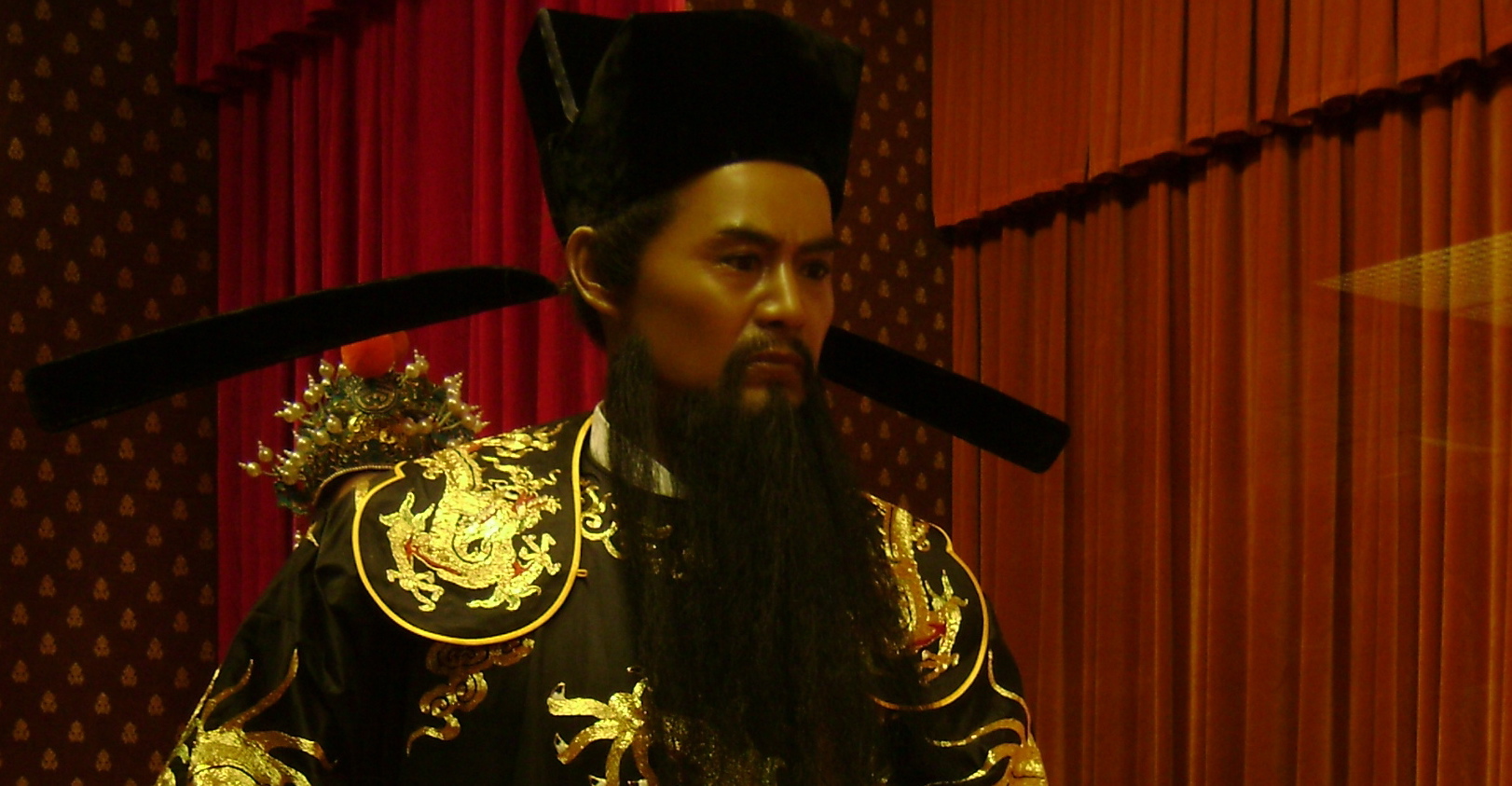Any genuine traditional Chinese skill that has survived generations has been well-conceived and crafted, like a rare, beautifully woven jacket. We may have to make sacrifices to pay for this unique, high-quality item. It makes us look and feel good, keeps us comfortable and warm, it is functional, protecting us (from the elements), and others may even pay us compliments on it. If maintained, it is durable and can last us a lifetime, and last a lifetime for those to whom we hand it down. But, we need to follow the manufacturer’s instructions, and be careful not to stain it or misplace it and possibly lose it forever. Imagine a solitary thread becomes snagged on a fence as we pass by. We may not notice at first, and the further we walk the more the fabric unravels until, by the time we finally notice or realize this, it is too late and we have nothing left at all!
This thread is a metaphor for the fabric that binds the skills we practice. How does this ‘loose thread’ compromise an entire form, or system, and cause us to be left with nothing at all? It can begin by forgetting a solitary transitional step, or linking movement, so that the following movement does not connect with the preceding one, thereby leading to a break in the flow or continuum of the form. Sometimes, a single wandering thought is sufficient to make us stop dead in our tracks on occasion, and forget what follows. This can literally happen to anyone at any time. More often than not, it is temporary and we can retrace our steps, or else return to the beginning, and this may be sufficient to iron out this ‘bump in the road’, this ‘kink in the hosepipe’, and go on to complete the form in its entirety, and remember for the next time.
If the skill remains safely locked away in the recesses of the mind, from conscientious practice, then for the most part there is little to be concerned about, as the missing piece will most likely return upon the next attempt at the form/ routine, or the following day. If so, nothing is really lost, and this ‘glitch’ is merely a temporary setback. If it is well-and-truly lost, then we still may be able to refresh with our teacher or brother/ sister, but with no-one to help us retrace the path then this can be a real problem. Then, because of this missing piece we may no longer enjoy the form, as we know and feel it is not complete, and we begin to feel disappointed with ourselves, so it becomes easier to let it slip away. If we really allow a skill to be lost this easily, then nothing is truly lost at all, as we never really ever possessed it to begin with.
Another situation is where a section of the form becomes unconsciously, or unknowingly, forgotten, and subsequently disappears from the original form we were taught. However, we continue to practice regardless, then, as we continue, we have unwittingly changed the skill ourselves; a form that may have remained a certain way, handed down generation to generation, for perhaps centuries. This is equivalent to tearing or staining this jacket. We may not notice the stain, or hole, but almost certainly certain others will. Those most likely to ruin the skill are those that learn from books or attend seminars solely, those that may learn a form privately and then disappear, or quit a study class too early without having been through the process of ‘Polishing’, or simply don’t care enough. Once it has become altered, it is likely to remain corrupted and further ruined, as the years pass by, unless we return to study from the source (teacher). He, or she, is the only person who can remove the ‘stains’, or make ‘invisible patches’, and restore the skill to its original pristine condition. The majority, though, rarely do return to the teacher for ‘repairs’. So, most we see today are walking around, blissfully unaware, of their ruined jackets. And, those of whom begin to teach, in turn, pass down their ‘defective jacket’ to unlucky students who know no better.
The best way to learn traditional Chinese skill is slowly, step by step, week in/ week out. Our society, technology and the entertainment media today, in general, are all causing us to have extremely short attention spans, and become highly impatient. (Some may have given up half way through reading this!) If we cannot wait a few minutes to download a file, how can we sit, or stand, in meditation for necessary long periods? How can we have the patience and focus to go through years to complete an entire system? To attract students, many teachers resort to promising students that they can save the student “decades of wasted time”. I once saw an advertisement guaranteeing that “students will perform almost like a Qigong master overnight”. Actually, not only is the journey more important than the destination, in the case of Qigong, and martial arts, without the journey there really is no destination! Anything worthwhile, takes time, effort and personal sacrifice. Acquiring knowledge faster than it can be processed is like gorging on food after fasting or starving; it is like a shock to the body. It cannot be assimilated and digested before the next meal comes along.
I knew a young man that paid a teacher $10,000 (yes, ten thousand!) in order to learn a complete system within the space of three months – a system that ordinarily should take anywhere from eight to ten years to complete! Apparently, he was in some great rush. This is having more money than sense, and any teacher with integrity would not have accepted the money. Naturally, a year later this gentleman had forgotten no less than eighty percent of all he had paid to learn. It should not take a clairvoyant to predict this outcome. As they say, “Easy Come, Easy Go”!
Neglecting to practice a form for many weeks or months only increases the odds of memory gaps and the inevitable ‘unraveling thread’. Of course, this also depends on how well we know the form – how many times we have practiced, over how long a period of time, how well it has been integrated. Really knowing a skill is not about remembering, as in mental recall; it is ‘knowing’ through doing, as in ‘muscle memory’. Lack of practice (unfamiliarity) is the only real way for the ‘thread’ to unravel. We can find many excuses for this, but it always just comes down to our priorities. Those that manage to keep the skill intact and excel, experience the very same time constraints, obligations and commitments, ups-and-downs of life, just like everyone else.
If we have studied for a number of years, then we will have spent much, time, effort, and money, so we should have accumulated a body of knowledge, skill and wisdom to show for it. When the thread has unraveled, the tragedy lies not only in losing a priceless treasure that should have been safeguarded and treated with greater care and respect (and could have been passed on to others that would have benefitted, and in turn, treated it well and preserved it), but also in squandering, perhaps, the one opportunity, in life, to truly develop our full potential.
Always remember the saying, “Acquiring skill is easy! Keeping it is the hard part”.
– Adam Wallace

